Treating citizens equally can counter extremism
Working group recommends judicial and educational reforms
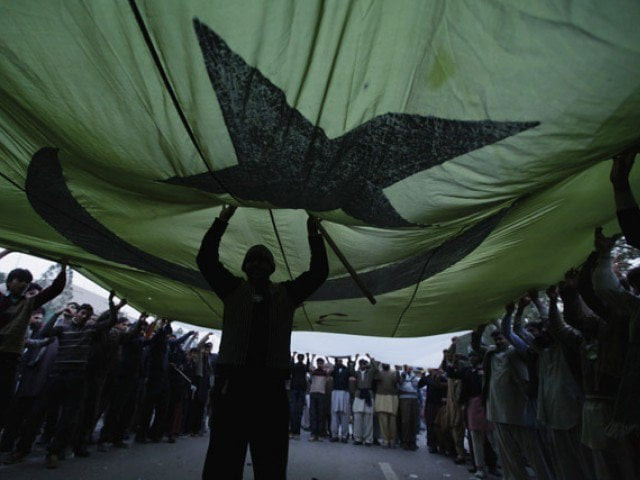
Working group recommends judicial and educational reforms. PHOTO: REUTERS/FILE
These recommendations were suggested by a working group discussing “Constitution, Governance, and Citizenship”. The working group was the fifth in a series organised by the Pakistan Institute for Peace Studies (PIPS), an Islamabad-based think tank, on countering violent extremism in the country.
Members of the group emphasised that while the Constitution ensures equality for all, in practice, some were treated better than others. This “exclusion” then manifests itself as violent extremism in one form or another.
The group pointed out that one manifestation of this extremism was how religious minorities were marginalised, who are among the worst to be hit by violent extremists. Their rights, despite promises in the constitution, are not provided.
The working group’s participants called for promoting the concept of citizenship which accepts all Pakistanis, irrespective of their faiths and ethnicities. This framework, they believed, would automatically help in embracing the minorities which were otherwise pushed to the sidelines.
They advised that gestures such as acknowledging the contribution of non-Muslims to the society should be undertaken.
Further, the group recommended educational reforms in the curriculum which help end a regime of “education leading to social apartheid”.
To embrace the cultural, linguistic, religious and ethnic diversity of Pakistan, they suggested introducing courses on “citizenship” at different levels which urge embracing all shades of opinion from all citizens within the remits of the constitution.
Moreover, they called for launching a dedicated television channel which broadcasts the parliament’s sessions.
Noting that violent extremists find space in areas which are neglected and where a normal law is absent, they pointed out that Federally Administered Tribal Areas (Fata), with its distinct administrative code, had become a haven for militants. The group recommended that the special statuses granted to areas such as Fata, Balochistan’s B-Area, and Gilgit-Baltistan should be revisited so that normal rule of law applies there and space is denied to militants.
Members also called for developing a robust criminal justice system. A strengthened justice system, they said, would help prosecute militants, as recommended in the National Action Plan.
The working group was of the view that a responsive criminal justice system, especially at the lower level, would help deter criminals in the first place and starve the militant juggernaut of new recruits.
To this end, the group called for investing in the policing system as well as prison centres. In addition to procedural overhauls.
Published in The Express Tribune, April 18th, 2017.

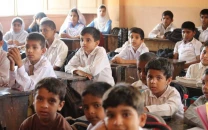
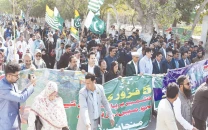
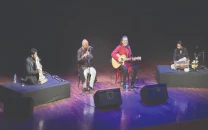

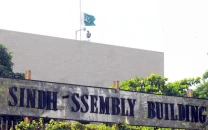













COMMENTS
Comments are moderated and generally will be posted if they are on-topic and not abusive.
For more information, please see our Comments FAQ